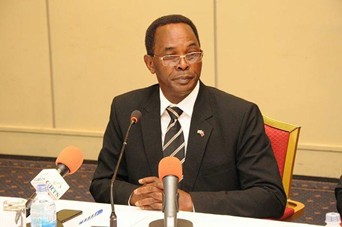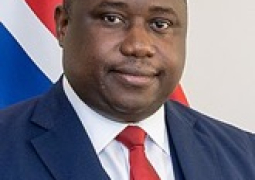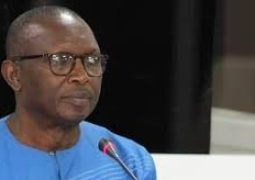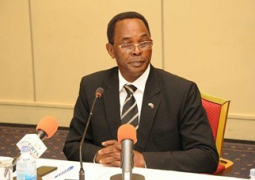
The Gambia is not in a political transition. The Gambia is in a full fledged democracy. Let us be clear about this once and for all. The point is when political promises are broken, the relationships cannot continue. Hence the disintegration of the Coalition Agreements. Politics then becomes like a game of monkeys, whoever gets to the farm first, eats the bananas. The new entrants into government influenced the executive turn around in the 2016 coalition agreements. This was when the cycle (merry go round) of political turn arounds started. When the new entrants in the government were subsequently flushed out, a part of a breakaway Party jumped ship into alliance with the ruling Party. This move gave the ruling Party the chance in the consolidation of power to the extent that it won the 2021 Presidential elections with landslide colours. Within two years, the ruling Party started losing its grip on political influence at the grassroots level. The contradictory political scenario emerged when the opposition won massively the Municipal and Area Council elections in 2023. It became clear that the power dynamics have shifted between the center and periphery spheres of influence and control. Since then, we have seen the bitterness between the ruling Party and the Opposition in terms of the way forward to National development. The political rivalry between the two sides is increasing by the day. There must have been something fundamentally wrong in the politics of the ruling Party. How can the Party win by landslide in Presidential elections and perform badly in Local government elections? The same fundamental mishap in the politics of the opposition having lost the Presidential elections and won the Local government elections. The question now is, will there be an outcome in favor of a single Party in 2026 elections. I mean clear victory and no political contradictions as had happened between the last two elections. There was some element of tribalism in the elections but not strong enough as a show of support for any Party as such. The outcomes were based more on the mood of the Nation than on partisan politics. When the people are hit hard by the economic situation and social stress, they don’t see tribalism or Party allegiance. What normally follows is expression of resentment against the system. When too much internal rivalry and conflicts of interest as to choices of leadership and roles of the membership prevails in a Party, voters tend to look for alternative Parties/Leaders to support in the elections. We can observe that the objective conditions of the people determine their voting behaviors. In today’s Gambia, the show of commitment to addressing the concerns and economic needs of the people, will determine the trust and attraction of the electorates and not the presentation of Party manifestos that will be forgotten after elections. Gambians don’t want scattered promises for development and prosperity that will benefit individuals and leave society underdeveloped. The tribal card and sycophancy in politics have started to sow the seeds of political discords. The troubling question is, what fundamental beliefs seem to reinforce tribalism in Gambia’s politics. Tribal accusations and counter accusations have become routine in the body politics and sometimes leads to shameful and dangerous remarks by those in authority. Such tribal utterances coming from any party threatens the peace and security of the Nation. More importantly, it throws doubts on the transparency and credibility of the 2026 elections. Any Party that believes it is popular and will win the hearts of the people come next year in the elections, should not show signs of panic and frustration before the event. The people will decide at the end of the day whom they will vote for to rule the country. In a convoluted political atmosphere, it is difficult to predict a winner. It is the responsibility of political leaders to speak out against tribalism and political bigotry inside the politics. For sustainable democracy and development, normally a government of National unity in which all tribes and regions, religions and sections see themselves in the decision making process is the logical answer. This system of politics was adopted in the first republic and it kept the Nation together for long before it was altered by military infiltration into politics.
Marching together in solidarity and development calls for our resolute commitment to the consolidation of democracy.
Read Other Articles In Opinion





